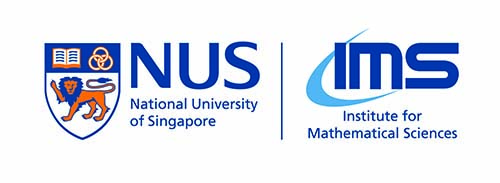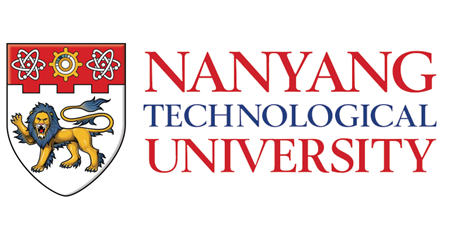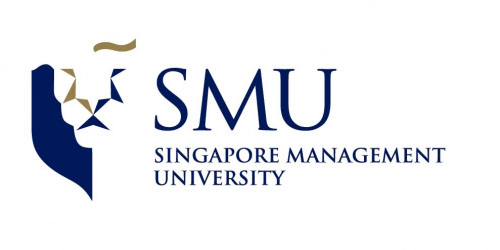Conference Organising Committee
General Co-Chairs
Jin Song Dong, NUS and Griffith University, Singapore/Australia
Jim McCarthy, Defence Science and Technology, Australia
Program Co-Chairs
Shang-Wei Lin, Nanyang Technological University, Singapore
Zhe Hou, Griffith University, Australia
Brendan Mahony, Defence Science and Technology, Australia
Finance Chair
Yang Liu, Nanyang Technological University, Singapore
Jun Sun, Singapore University of Technology and Design, Singapore
Workshop Chair
Hadrien Bride, Griffith University, Australia
Doctorial Symposium Co-Chairs
Lei Ma, Kyushu University, Japan
Weiyi Shang, Concordia University, Canada
Xiaoning Du, Nanyang Technological University, Singapore
Program Committee
Yamine Ait Ameur, IRIT/INPT-ENSEEIHT, France
Étienne André, Univesrity of Lorraine, France
Cyrille Artho, KTH Royal Institute of Technology, Sweden
Christian Attiogbe, University of Nantes, France
Guangdong Bai, University of Queensland, Australia
Christel Baier, TU Dresden, Germany
Richard Banach, The University of Manchester, United Kingdom
Luis Barbosa, University of Minho, Portugal
Hadrien Bride, Griffith University, Australia
Michael Butler, University of Southampton, United Kingdom
Franck Cassez, Macquarie University, Australia
Ana Cavalcanti, University of York, United Kingdom
Yuting Chen, Shanghai Jiao Tong University, China
Zhenbang Chen, National University of Defense Technology, China
Yu-Fang Chen, Academia Sinica, Taiwan
Yean-Ru Chen, National Cheng Kung University, Taiwan
Wei-Ngan Chin, National University of Singapore, Singapore
Ranald Clouston, Australian National University, Australia
Sylvain Conchon, Universite Paris-Sud, France
Florin Craciun, Babes-Bolyai University, Romania
Jeremy Dawson, Australian National University, Australia
Frank De Boer, Centrum Wiskunde & Informatica (CWI), Netherlands
Yuxin Deng, East China Normal University, China
Jin Song Dong, Griffith University and NUS, Australia
Naipeng Dong, University of Queensland, Australia
Zhenhua Duan, Xidian University, China
Marc Frappier, Université de Sherbrooke, Canada
Lindsay Groves, Victoria University of Wellington, New Zealand
Ichiro Hasuo, National Institute of Informatics, Japan
Xudong He, Florida International University, United States
Zhe Hou, Griffith University, Australia
Pao-Ann Hsiung, National Chung Cheng University, Taiwan
Fuyuki Ishikawa, National Institute of Informatics, Japan
Fabrice Kordon, LIP6/Sorbonne Universite & CNRS, France
Yi Li, Nanyang Technological University, Singapore
Xuandong Li, Nanjing University, China
Shang-Wei Lin, Nanyang Technological University, Singapore
Yang Liu, Nanyang Technological University, Singapore
Zhiming Liu, Southwest University, China
Shuang Liu, Tianjin University, China
Brendan Mahony, DSTO, Australia
Jim McCarthy, Defence Science and Technology, Australia
Dominique Mery, Université de Lorraine, France
Stephan Merz, Inria Nancy, France
Shin Nakajima, National Institute of Informatics, Japan
Jun Pang, University of Luxembourg, Luxembourg
Yu Pei, The Hong Kong Polytechnic University, China
Shengchao Qin, Teesside University, United Kingdom
Silvio Ranise, FBK-Irst, Italy
Elvinia Riccobene, University of Milan, Italy
Adrian Riesco, Universidad Complutense de Madrid, Spain
David Sanan, Nanyang Technological University, Singapore
Klaus-Dieter Schewe, Zhejiang University, China
Harald Sondergaard, The University of Melbourne, Australia
Meng Sun, Peking University, China
Jing Sun, The University of Auckland, New Zealand
Jun Sun, Singapore University of Technology and Design, Singapore
Alwen Tiu, The Australian National University, Australia
Elena Troubitsyna, KTH, Sweden
Hai H. Wang, University of Aston, United Kingdom
Bow-Yaw Wang, Academia Sinica, Taiwan
Virginie Wiels, ONERA / DTIM, France
Zhiwu Xu, Shenzhen University, China
Naijun Zhan, Chinese Academy of Sciences, China
Jian Zhang, Chinese Academy of Sciences, China
Jaco van de Pol, Aarhus University, Denmark
Peter Ölveczky, University of Oslo, Norway



